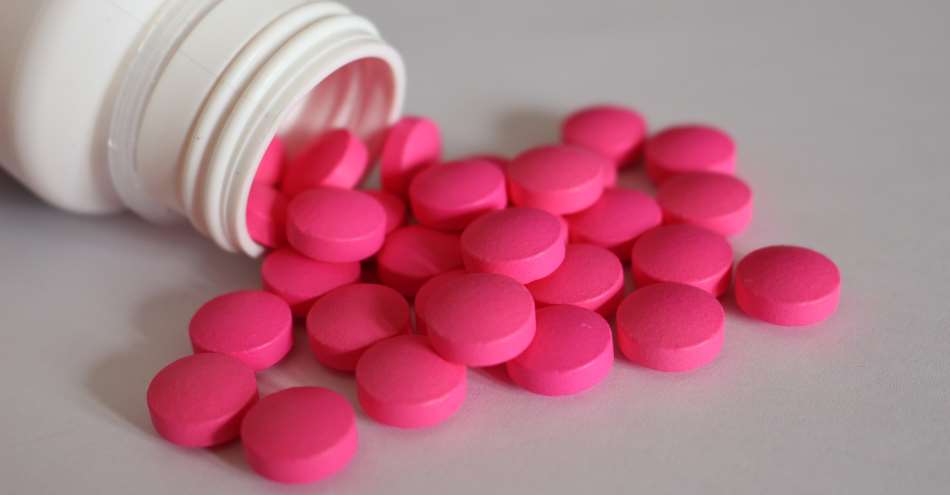Ibuprofen for Pain Relief
Relieving discomfort is actually half the battle
I flinch every time the memory of one of my countless urinary tract infections (UTIs) hits me like a bolt of lightning. The pain when using the toilet is truly nasty, and the smouldering background pain in between feels like torture. I wouldn't wish a UTI on my worst enemy!
Looking back, I focused far too little on pain management. I usually just pushed through, sometimes for shorter periods, sometimes longer.
This probably stems from one of my ingrained beliefs, like: If it’s not absolutely necessary, then no medication. But sometimes it's just smarter to push past that and free yourself from the agony.
Do you suffer from recurring UTIs, and even in between (when no infection is detectable), are you plagued by a nagging feeling or even a slight, hard-to-describe pain in your bladder? It might help to "break through" this perceived pain/phantom pain with spasmolytics (e.g. Buscopan®*). I can still vividly remember my time with recurring UTIs. It was as if the pain had "burned in", because I literally no longer knew what a happy bladder felt like.

Good to know
Medical guidelines of the highest quality level acknowledge the importance of symptomatic therapy for mild to moderate symptoms and recommends Ibuprofen, phytopharmaceuticals (herbal medicines), and D-Mannose beyond the use of antibiotics.
The background for this recommendation is a study that compares a three-day therapy with Ibuprofen (3 x 400 mg) with the immediate single-dose administration of Fosfomycin. The non-steroidal Ibuprofen performs only slightly worse. With Ibuprofen, 70% of women were symptom-free after a week, compared to 80% with the antibiotic.
A genuine alternative to antibiotics and at the same time a pragmatic approach, considering the increasing development of bacterial resistance.
Quick Overview
- Ibuprofen*: A classic with 400 mg Ibuprofen
- Buscopan®*, Spasuret®*: Spasmolytics reduce the increased tone of the overactive bladder muscle. A double-edged sword, as it also brings bladder emptying disorders and several other contraindications.
-
Sodium bicarbonate*,
:
If you don't want to use chemical painkillers, alkaline urine can reduce bladder burning. Dosage as needed until relief occurs.
WARNING: Do not take too much sodium bicarbonate as it can cause significant side effects/poisoning. - Acupressure mat*: Dulls the pain in the bladder and simultaneously strengthens the bladder meridian. Simply stand on the spiky mat and slowly step in place (if you can handle it).
- Relaxation techniques: Try everything to counteract the tension. Lie down, breathe deeply into your belly, and listen to guided pain-relief meditation.






